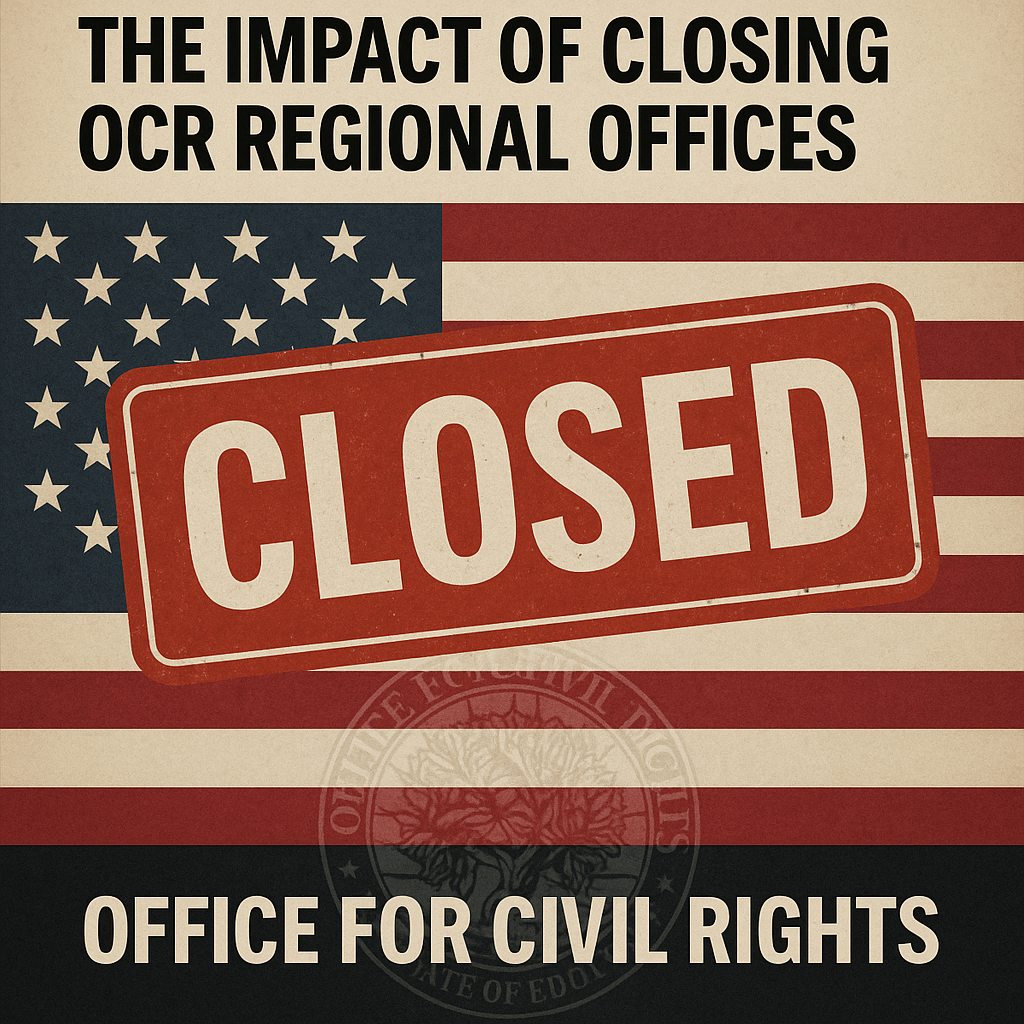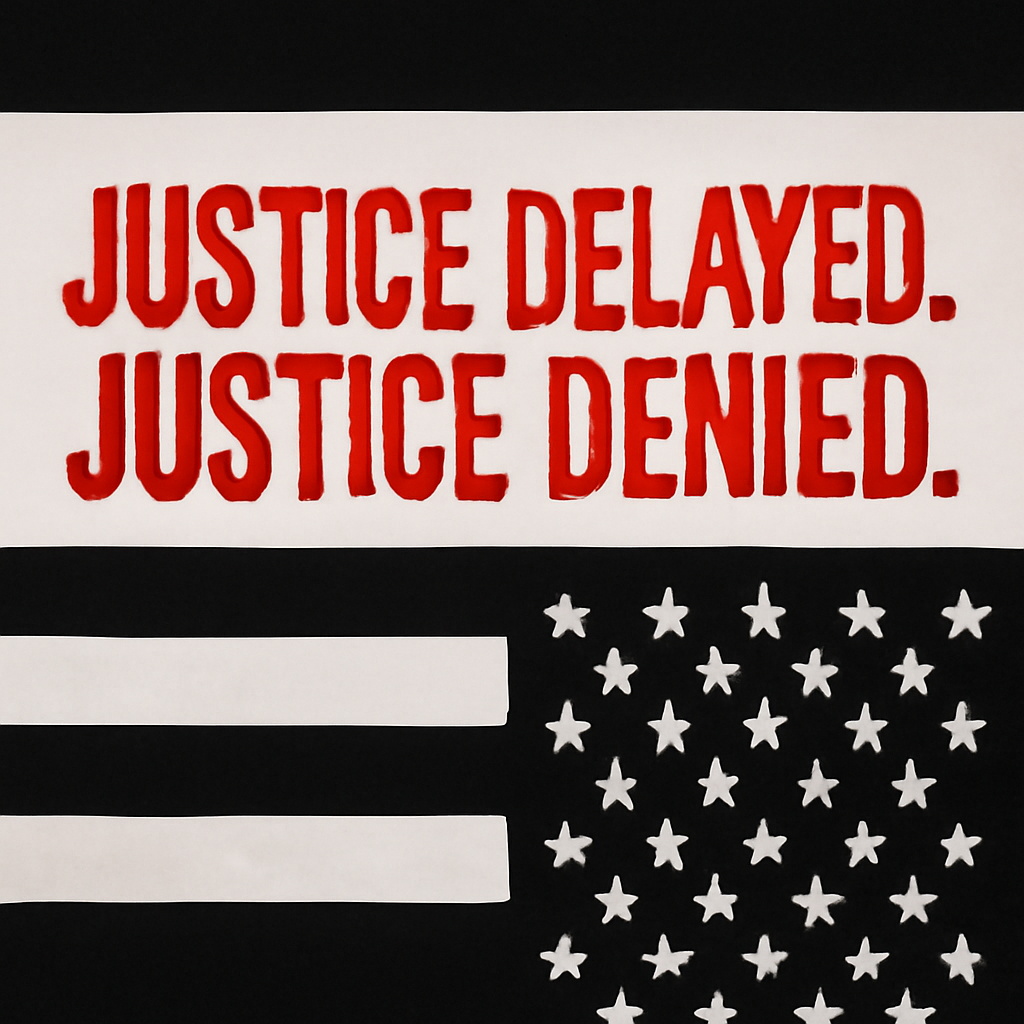The Trump Effect
President Donald Trump's decision to close several regional offices of the Department of Education's Office for Civil Rights (OCR) was supported by his administration as a response to longstanding failures, inefficiencies and backlogs within the agency. Critics, however, argue that the closures have further hindered the OCR's ability to address civil rights complaints effectively.
The CPSW research team took a deep dive into the history of the OCR, with shocking results.
For more details on the upcoming book release, sign up for our newsletter below.
The Impact of Closing OCR Regional Offices
President Donald Trump's decision to close several regional offices of the Department of Education's Office for Civil Rights (OCR) was presented by his administration as a move toward greater efficiency. Citing long-standing problems like bureaucratic delays, case backlogs, and internal inefficiencies, the administration argued that consolidating operations would create a leaner, faster, and more focused agency to address the most serious civil rights...
A Broken System
The Office for Civil Rights (OCR) has consistently failed to provide justice for victims of sexual harassment, violence, retaliation and other injustices in educational institutions, offering minimal, one-size-fits-all solutions that protect institutions rather than support students. The system itself is broken—OCR’s inaction perpetuates the cycle of abuse and lets institutions continue violating their obligations without facing the consequences they deserve.
Why the DOJ Should Oversee Civil Rights in Education
The closure of several regional offices of the Department of Education’s Office for Civil Rights (OCR) under the Trump administration exposed deep vulnerabilities in how educational civil rights are enforced. With fewer offices, slower investigations, and limited access for rural and underserved communities, it became clear that the OCR, even before the closures, struggled with longstanding...




































